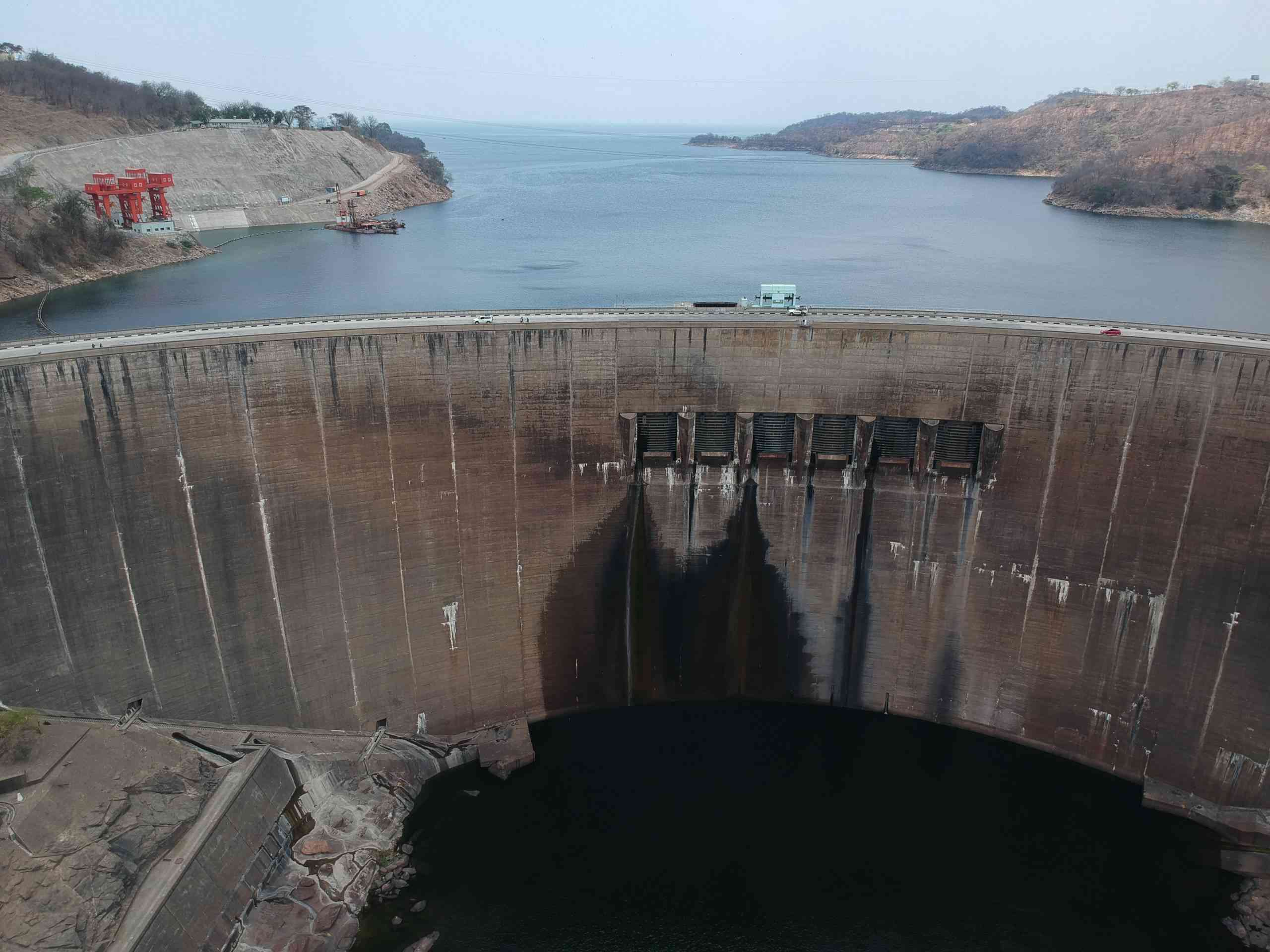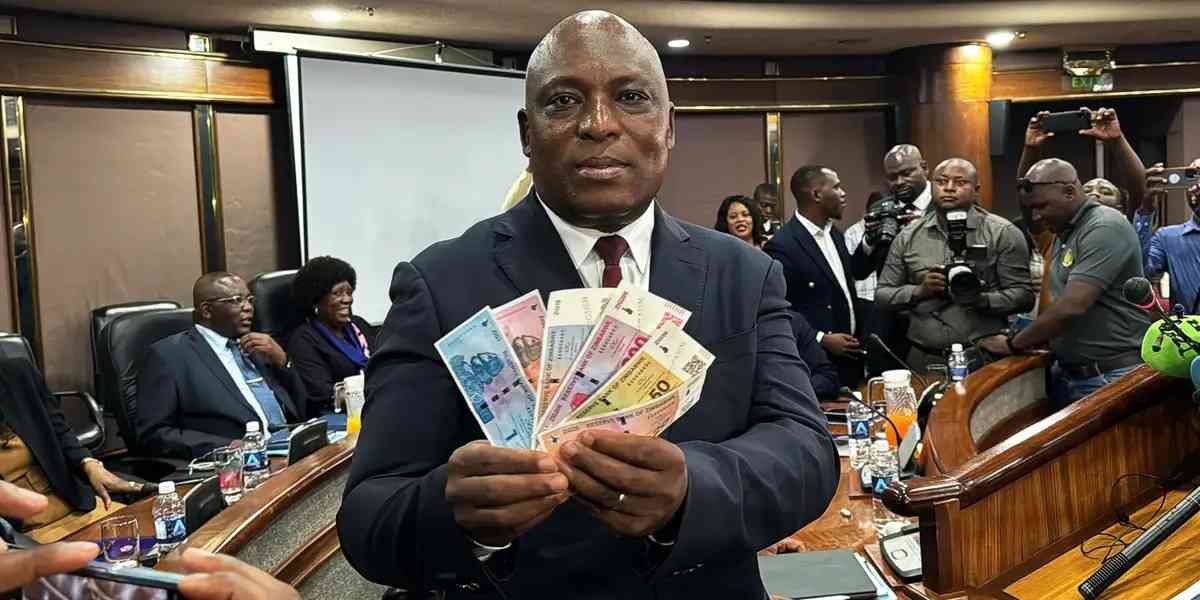
BY TATIRA ZWINOIRA UNITED States politician Nick Freitas says Harare’s soaring stock market is a recipe for disaster, as the Zimbabwe Stock Exchange (ZSE) experiences a surge since it has become an inflationary hedge.
Over the past year to date, ZSE’s total market capitalisation has grown by a whopping 336,58% to $3 004 557 967 813, from $688 196 037 806 in the comparative prior year.
The increased activity is due to investors turning to the ZSE as a hedge against increased inflationary pressure caused by the continued depreciation of the Zimbabwe dollar that continues to lack adequate support levels.
Over the same period last year, the Zimbabwe dollar was trading at $85,07 to the US dollar which has since depreciated to $325,44 to date.
“What is happening in Zimbabwe may actually serve as a catastrophic warning sign for stock markets — here is where the root of Zimbabwe’s ballooning stock market comes into play. In 2019, Zimbabwe’s government decided to implement a new currency and outlaw the use of the US dollar which had been commonly used in the country since the 2008 crisis,” Virginia House of Delegates member Freitas said in a video on his YouTube channel dated June 8, 2022.
The Virginia House of Delegates is one of the two parts of the Virginia General Assembly, the other being the Senate of Virginia, in the US state of Virginia.
“Later that same year, a nationwide drought and famine hit the country. Not wishing to see the economy collapse under his watch, the new President of Zimbabwe (Emmerson Mnangagwa) and the country’s central bank decided to use a tactic that they believed would keep asset prices high. And what exactly was that tactic? They printed more money and just a few months later, COVID-19 struck,” Freitas continued.
“So, with the GDP plummeting and the country under brink of an economic collapse not seen since 2008, the central bank began to print even more money so much in fact that about 98% of all dollars in Zimbabwe had been created within the last 24 months. And this freshly printed money found its way into the stock market just as the government intended.”
- Chamisa under fire over US$120K donation
- Mavhunga puts DeMbare into Chibuku quarterfinals
- Pension funds bet on Cabora Bassa oilfields
- Councils defy govt fire tender directive
Keep Reading
As reported by our sister paper, The Standard, yesterday, the money supply has grown by nearly 152% to $589,09 billion at the end of the first quarter compared to the 2021 comparative of $234,28 billion.
This has been attributed to increases in the money stocks.
In a month-on-month comparison, March’s broad money supply grew 16,39% from February’s comparative of $506, 12 billion and 25% on January’s $470,43 billion.
This represents an average month-on-month rise of nearly 12%, in the first quarter, on the monetary supply level.
The growth in the money supply almost tallies with increases in the annual inflation rate of 131,7% last month, April (96,4%), March (72,7%), February (66,1%), and January (60,61%).
“During the last two years, Zimbabwe’s industrial index has soared by just under 1 600 points to over 95 000 points. You would think that a soaring stock market would be a good sign and it certainly can be if it’s being driven by high levels of productivity,” Freitas said.
“But Zimbabwe’s economy is in a state of freefall. GDP (gross domestic product) is shrinking and poverty rates are soaring to over 35% and the reason why is simple. You cannot print your way to prosperity and that is true no matter what country tries it.”
Local stockbrokers say shares on the ZSE are overvalued.
Government has since last month reviewed the capital gains tax from a flat rate of 20% to 40% for shares held for a period less than 270 days to try and curb inflationary investing.
“On this backdrop, we are likely going to experience reduced activity on the Zimbabwe Stock Exchange,” local financial firm IH Securities said recently.
“We anticipate net selling on the bourse as there are high chances speculators and arbitrageurs will start exiting the market. We are of the view that investors will return to valuation fundamentals as ‘bad money’ leaves the market.”
- Follow us on Twitter @NewsDayZimbabwe











